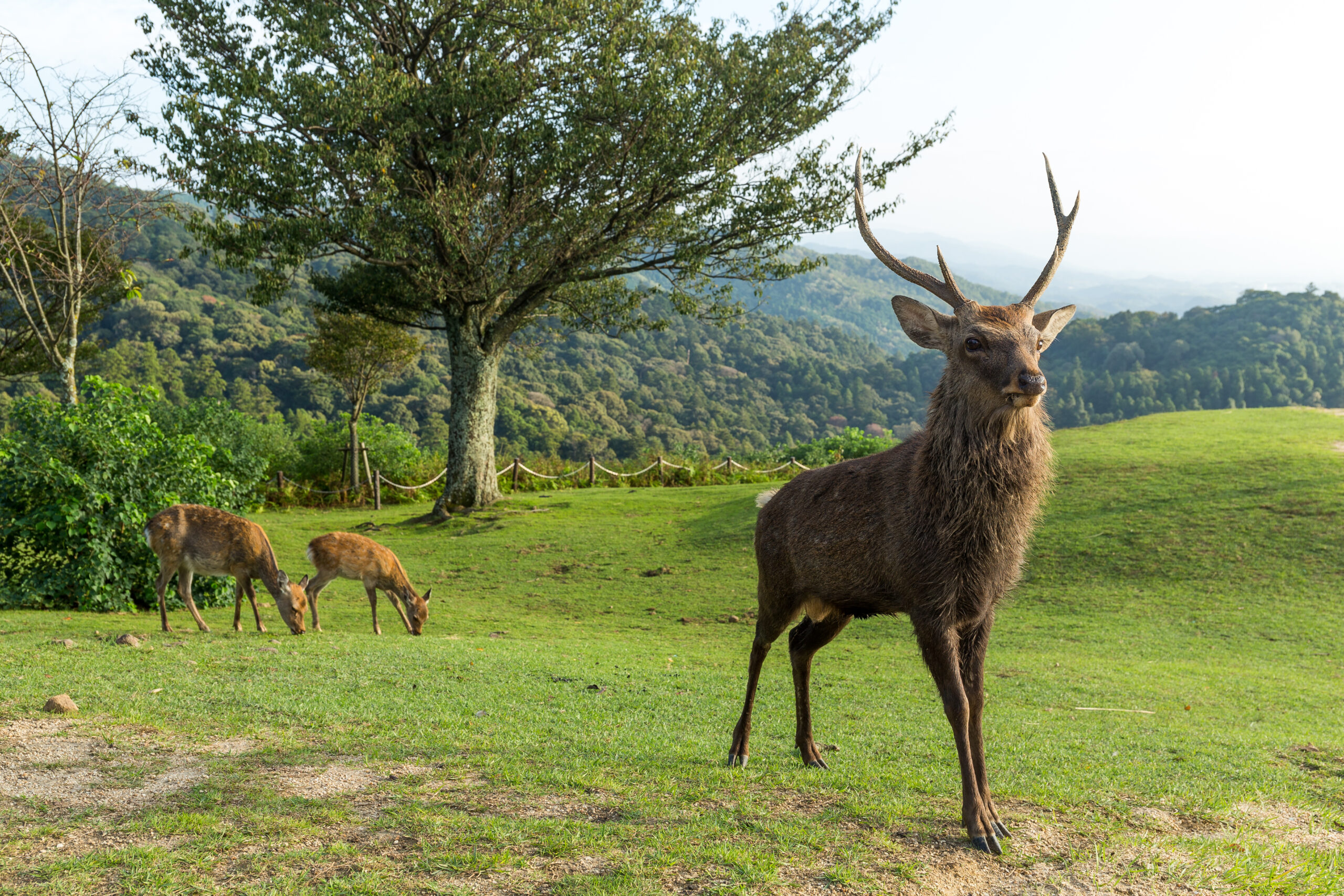The New Zealand Game Animal Council (GAC) commissioned research into the relationship between introduced game animals, particularly deer, and carbon sequestration in native forests. While reducing these herbivores has been proposed to increase carbon uptake, the impact is complex and depends on animal density, forest type and disturbance history. Research from the WACEM initiative shows that carbon sequestration gains through wildlife management are most significant in regenerating or recently disturbed forests, which have a higher carbon uptake capacity than mature forests. Given New Zealand’s 1.5 million hectares of regenerating forests, targeted wildlife management in these areas could substantially enhance national forest carbon uptake. The GAC’s inquiry highlights the need for a nuanced understanding of these ecological interactions, suggesting that focusing management on regenerating forests offers the most promising approach for maximizing carbon sequestration benefits.

